Religion and Spirituality in Mental Health: Training Clinicians to Improve Competency in Muslim Mental Health Care
Principal Investigator
Dr. Rania Awaad
Stanford University
Abstract
Spirituality and religion can play a significant role in the promotion of mental health, yet these aspects of one’s identity are often not integrated into a client or patient’s care. Many Muslim Americans believe their mental health issues may be linked to spiritual or metaphysical causes and seek clinicians to incorporate spirituality and religion into treatment. However, current literature suggests that clinicians often feel inadequate at integrating religious and spiritual nuances into client care. This project aims to provide clinicians the knowledge and framework to better address the needs of their Muslim clients. To facilitate this goal, this project will include a six-part training module with a research-informed and community-informed curriculum to provide practical and applicable knowledge relevant to Muslim mental health. These interactive training modules will be delivered to multiple clinics and university institutions under the supervision of Dr. Rania Awaad, director of the Stanford Muslim Mental Health and Islamic Psychology Lab. The modules will include historical perspectives, key concepts in Muslim mental health, and an introduction to basic principles of Islamic Psychology and will be accessible to clinicians from various disciplines associated with mental health. Participants will leave this training with improved competency, comfort, and skill in meaningfully incorporating religion and spirituality in the treatment plan for their Muslim clients. To assess competency, clinicians will be asked to complete a pre- and post- training survey. Feedback and suggestions will be encouraged by participating clinicians after each module to ensure efficacy of the training curriculum and to improve the training content to answer any lingering questions. This project will address gaps in the literature and clinical training to better address the needs of the Muslim population, increase the comfort and competency level of clinicians in addressing a Muslim client’s religious and spiritual needs, and thus improve mental health outcomes and quality of care for this population.
Project Team
Dr. Rania Awaad, MD, PI
Research Team Members
Dr. Sadiya Dhanani, MD
Dr. Silai Mirzoy, MD
Sanah Ahmed
Shahd Fulath Khan
Consultants
Dr. Zahra Murtaza
Yusuf Martin, PCC
Dr. Belinda Bandstra, MD
Nuzhath Quadri, LMFT
Saha Jamshed, LCSW

